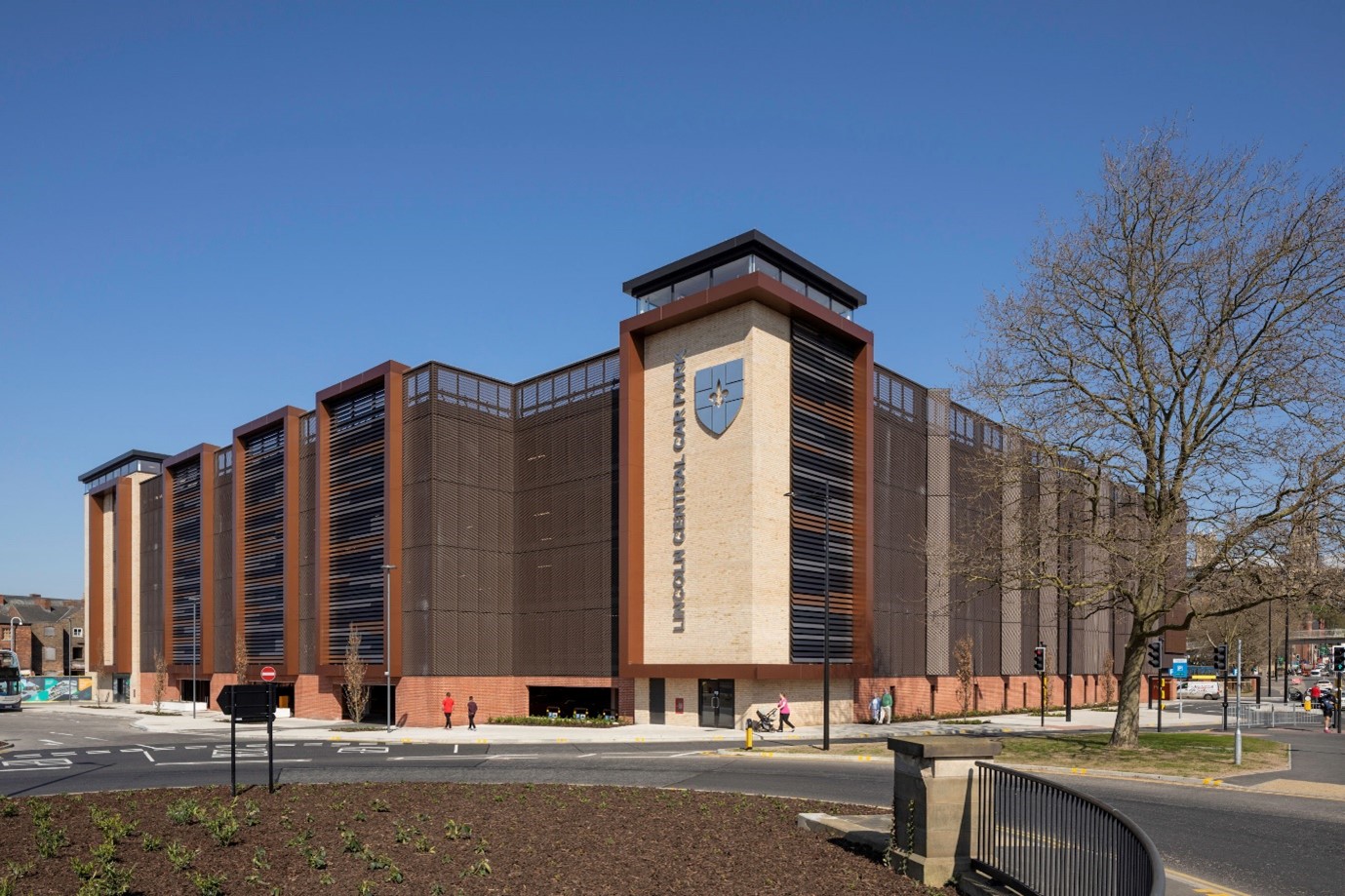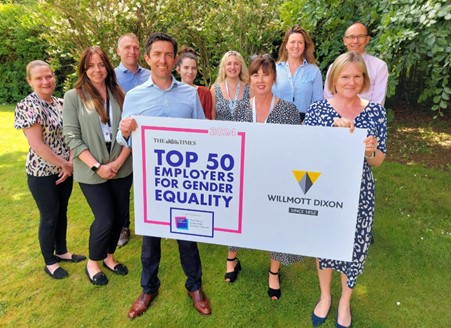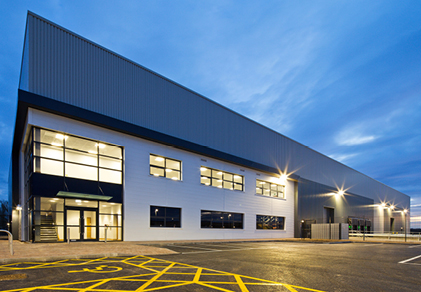Spotlight On Willmott Dixon: 170 Years of Construction Knowhow
Willmott Dixon is a well known name in Lincolnshire construction circles, and this privately owned and independent company is proud of its deepening connections with Lincolnshire.
How it started
In 1852 a young bricklayer called John Willmott undertook his first construction contract – he built a well for a customer in Letchworth Garden City, Bedfordshire, and was paid the princely sum of £1 for his efforts.
More than a century and a half later, Willmott Dixon is still independent and privately owned. Group Chief Executive Rick Willmott is the fifth generation of the Willmott family to lead the business, which now turns over more than £1 billion every year.
How it’s going
While Willmott Dixon doesn’t have a physical base in Lincolnshire, its many ongoing contracts with major organisations in the county keep it closely connected to the county. As a member of Team Lincolnshire the company looks forward to deepening those connections in the future.
“Over the last ten years we’ve maintained a strong presence in Lincolnshire,” says Adam Dodd, Assistant Framework Manager at Willmott Dixon.
“We’ve delivered the Lincoln Transport Hub, the South Park Blue Light Campus, the Boole Technology Centre for Lincoln Science and Innovation Park, and two SEND (special educational needs and disabilities) schools for Lincolnshire County Council.

“We’re highly focused on projects in Lincolnshire and we have a dedicated Lincolnshire team.”
National business, regional focus
Willmott Dixon is a national company organised into separate regions, and there are with around 250 people employed in the East Midlands region. As a tier one management construction contractor “our role is to manage construction and development sites, work up designs, and oversee all the different teams involved,” says Adam. “Nationally 80% of our work is in the public sector, but we also work with private-sector clients on various schemes around the Midlands.
“Because we’re independent and privately owned we’re very different from other large construction companies in the way that we operate. We build long-term partnerships with our customers, such as Lincolnshire County Council, and we develop a long pipeline of repeat work, maintaining project viability through early engagement which makes us different to other more commercially focused PLCs.”
Leaving a legacy
As a family business, Willmott Dixon sets great store by the impact it has on the wider community and the legacy it will leave for future generations.
“We aim to leave a positive legacy in the communities and environments that we work in,” says Adam. “We won the Queen’s Award for Enterprise in 2018 for promoting career opportunities through social mobility, and we’re the UK’s highest ranked contractor in the Financial Times Diversity Leaders list and recognised in the Times top 50 employers for Gender Equality.”

Tackling climate change and reducing carbon emissions is another important goal for the company.
“Since 2012 we’ve been net zero carbon (or carbon neutral) in our own operations. In 2020, we set our new science-based target, aligned with limiting global warming to 1.5ºC, to become zero carbon in our operations by 2030, reducing our own emissions so we no longer need to offset our carbon footprint.” says Adam.
“Five years ago we launched our Now or Never Strategy which is all about being a better and more holistic business which places a greater emphasis on social value. All our work is driven by the social value agenda: working with local communities and schools, signposting young people into construction careers and offering apprenticeships.
“We’ve set up a dry lining academy at Lincoln Prison which we run in partnership with our supply chain partners, British Gypsum, and which aims to upskill prisoners and prepare them for a career when they’re released.”
Promoting Lincolnshire
“My job is to find new business and more importantly to connect stakeholders across projects and help to unlock projects – conduct feasibility studies, find investment if needed, and connect the right consultants and supply chain partners to get a project off the ground,” says Adam.
“That’s one of the key things we get out of Team Lincolnshire: the networking and connections are invaluable to us. Lincolnshire is such a large county, it’s really helpful to have that network of like-minded businesses in the same place.
“It may come as a surprise to Lincolnshire people but there are a lot of things that happen in Lincolnshire that don’t happen anywhere else. Digital entrepreneurship, new educational facilities, pioneering agritech – these are all home-grown skills from Lincolnshire that are having a positive impact on the rest of the UK.
“It’s great to have a platform like Team Lincolnshire that’s pushing that out to a wider audience.”


